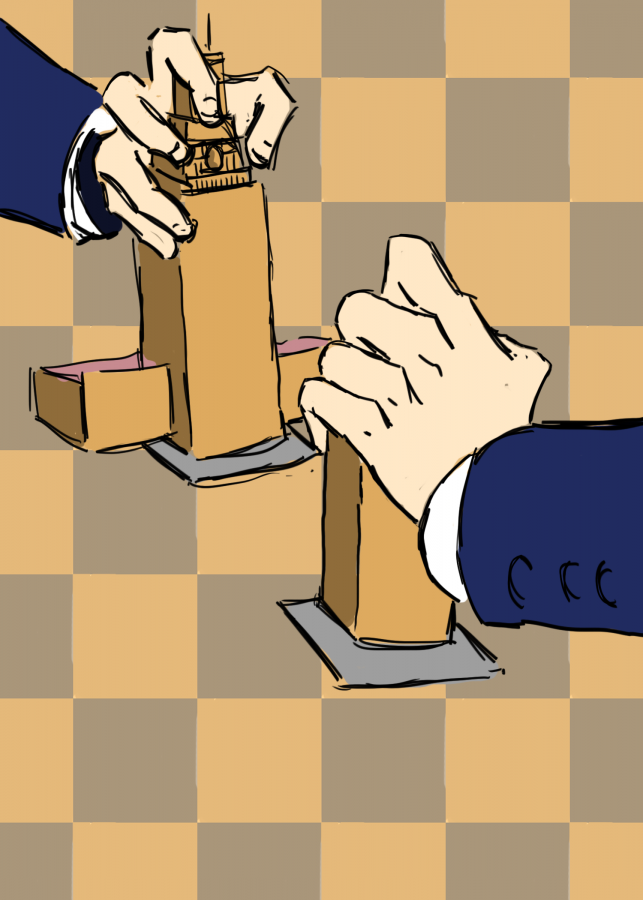UT President Gregory Fenves and other faculty recently decided to not accept money from the China-United States Exchange Foundation, CUSEF, for the new China Public Policy Center in a decision that canonizes and espouses independence and academic freedom. Our decision should set precedent for the UT System and other colleges nationwide.
Foreign governments have tried to influence U.S. institutions to undermine our freedom and independence. Russia and China are two contemporary examples, but many more are dotted throughout our country’s history.
Building constructive relationships with other nations is undoubtedly a priority, but we should never allow them undue influence via subversive operations that seek to stifle free expression and academic freedom.
For a while, China has attempted to influence U.S. higher education on a large scale, such as through its state-funded Confucius Institutes that now number 110 from coast to coast. In exchange for classes and instructors at host universities, colleges are implicitly supposed to paint China in a positive light: The Dalai Lama, Tibet, Taiwan, China’s military buildup and fights among Chinese leaders are all supposedly off limits.
In the case of the CUSEF, its ties are to an arm of the Chinese Communist Party that supervises influence operations abroad. The CUSEF is registered as a foreign agent while its leader, Tung Chee-hwa, is a vice chairman of Chinese People’s Political Consultative Conference, one of two united-front organizations that China employs to extend influence into other countries. The CUSEF creates academic and professional exchanges and brings U.S. writers, intellectuals and our political and military leaders to China.
It has also cooperated on projects with numerous U.S. institutes and nonprofits. For the sake of U.S. independence and sovereignty, we must divorce ourselves from organizations that erode our core principles and threaten our commitment to truth and expression. One cannot forget China’s censorship of speech and totalitarian approach to governance of its people when dealing with satellite organizations such as the CUSEF.
Sen. Ted Cruz, R-Texas, weighed in, stating in a letter to UT that he worried “(the organization) would disseminate PRC propaganda within the Center and compromise its credibility.”
UT’s rejection of CUSEF funding should serve as an example to other U.S. institutions that, no matter the cost, doing the right thing always supersedes financial considerations.
Fenves replied to Sen. Cruz in a letter, saying, “We must ensure that the receipt of outside funding does not create potential conflicts of interest or place limits on academic freedom and the robust exchange of ideas. I am concerned about this if we were to accept funding from CUSEF.”
We all owe Fenves a thank you. But the struggle to combat foreign molding of U.S. political and educational entities needs greater attention going forward. Between Russian meddling in the 2016 election and Chinese operations creeping into the educational sphere, we must remain vigilant, for our national security and constitutional foundations depend on it.
Verses is a Plan II and environmental engineering freshman from San Antonio.





















